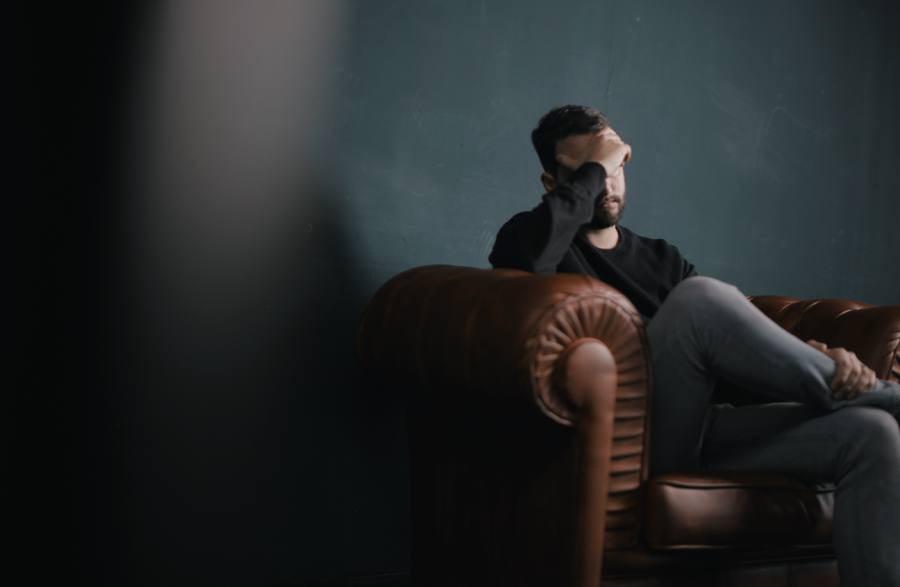By Personal Growth Counseling| June 30th, 2016
The harm that is caused by emotional and mental control is causing a broken spirit that does not heal. It is simply interpersonal violence. It is an assault on a person’s self-concept and esteem. Likewise, it can be the major contributing factor to the worst kind of Post-Traumatic Stress Disorder. It represents one of the most difficult disorders to treat, and recovery may take years if it occurs at all.
Control seeks to always take a one up position over the other person. The controller wants his/her subject to feel that they cannot make good decisions and must have someone to tell them what to do. Any disagreement means that the controller is right, and their subject is just stupid or immature. Actually, the person who has this kind of need to control is generally a very sick person themselves. In it, the controlee may develop what is referred to as learned helplessness while continuing to feel guilty and inadequate as competent human beings.
Emotional and mental control within relationships adversely affects people that we claim to love, sabotages healthy communication and problem-solving processes, and slowly destroys intimacy and bonding. Sometimes the people within this destructive cycle do not realize the destructive pattern until someone points it out to them. Some of the more characteristic of controlling relationships are as follows:
- Expressions of rage both verbally and physically: this may involve throwing things, kicking or punching walls and doors, slamming doors, and making threats either to the person or their property.
- Physically harming another with or without a weapon such as pushing, grabbing, slapping etc. This includes throwing objects, kicking or punching walls or doors, or making threats to destroy property or “take the children.”
- Sexual abuse to those who are powerless to resist, including forcing sex when another does not want this or forcing sexual behaviors that are undesirable and sometimes repulsive to the other person. This causes some of the worst mental damage, especially when it involves children or adolescents. (However, when this happens, it seems to set the victim up in some manner for further abuse later in their life).
- Threats of all kinds that are sexual, financial, or physical and sometimes include the threat to make false reports to authorities, to destroy property or “take the children.” Threats may also be made to commit suicide in order to make the other person feel responsible or even guilty.
- Harassment involves stalking, invasion of privacy, disgusting sexual comments, unwanted phone calls or other attention, usually done to create emotional breakdowns or fear.
- Verbal abuse includes false accusations, criticisms, name-calling and labeling, loud voice and abusive language and intimidating body language.
- Isolation is cutting one off from contact with friends, family and/or other loved ones, restricting one’s ability to gain or keep employment, making it impossible to get an education and restricting money or mobility in order to control access to desired activities.
- Humiliation is forcing one to do things that are disgusting, making degrading remarks that attack one’s character or personal preferences.
- Coercion is the restraint or domination of another. It can be financial, using any kind of threats, force or emotionally blackmailing another person.
- Creating unsafe conditions such as reckless driving, driving under the influence of drugs or alcohol, requiring someone to do something unsafe while they are recovering from an injury or illness, throwing children in the air or requiring them to do something they do not know how to do like swimming or other water sports, etc.
Remember: You may not be able to stop abuse by yourself. There are shelters for Domestic Violence, other social services and Law Enforcement officers and policies in place to help to keep you and your loved ones safe.

